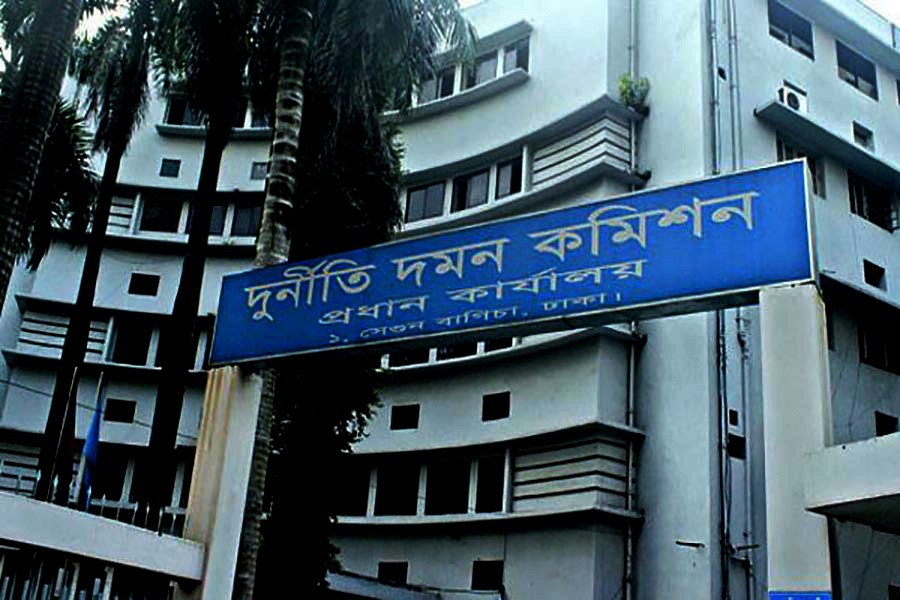In recent developments, the country's anti-corruption watchdog unearthed 11 areas of graft in the Civil Aviation Authority of Bangladesh (CAAB). It has also identified 13 sources of graft in the country's income tax department.
The Anti-Corruption Commission (ACC), the lone institution for fighting graft, found a number of specific areas of corruption in the CAAB and made a set of recommendations to bring about a change in the country's aviation administration. It recommended forming a purchase committee comprising local and international experts to ensure fairness and transparency in costly procurements and to scrutinise the tenders as per specifications.
There are many ways of addressing grafts. With a view to reducing influence of middlemen and bribery, the civil aviation ministry can make term supply contracts with multiple international companies through open tender for regular procurements. In the process, e-tendering should be made mandatory for the ministry to regulate purchase of spare parts and equipment for maintenance and overhaul of aircraft.
The way the commission is now working demonstrates that it is trying to launch a credible drive against corrupt practices of the unscrupulous people of various government organisations. Very recently, the anti-graft body reiterated that big shots who have been found involved in corruption will not be spared and arrested in due time.
During the last few months, it has been witnessed that the ACC is arresting almost every day high officials of the government, including retired ones on charges of corruption. Reports say many cases were filed on charges of amassing wealth beyond known sources of income, concealing information about wealth, cheating, bribery and forgery.
There is no denying that corrupt practices are found to be quite rampant in most of the government offices. In order to deal with such irregularities, the anti-graft body reportedly formed 14 teams to investigate how and why corruption is being committed in major government institutions.
The ACC chairman claimed very recently that his organisation would have a close watch over the corruption-prone departments of the government. Special surveillance will start soon, he said. However, it is not known how long the anti-corruption body will do the surveillance.
But the fact remains that the anti-graft body is in a complex situation, especially in a situation that witnessed high profile corruption involving people in positions of power. However, the ACC, in spite of many limitations of the Anti-corruption Act 2004 on the basis of which it was created, can potentially function independently according to the mandate given by the law. In practice, however, it has been found that the degree of its independent functioning depends on external as well as internal factors.
The ACC suffers from dearth of manpower. Although its head office is more or less adequately staffed, under-staffing remains a big problem in other towns and cities. Some mid-level staff members have recently been directly recruited who appear to be enthusiastic. But their capacity needs to be enhanced to handle a large number corruption cases.
All said and done, there is the need for mindset change in the leadership of all government institutions. The ACC people must realise that they expect nothing to gain from the government or powerful lobbies after the end of their tenures.
The underlying truth is that all the people in the anti-graft commission stand to gain public trust and credibility if they play their due role in fighting corruption.
szkhanfe@gmail.com


